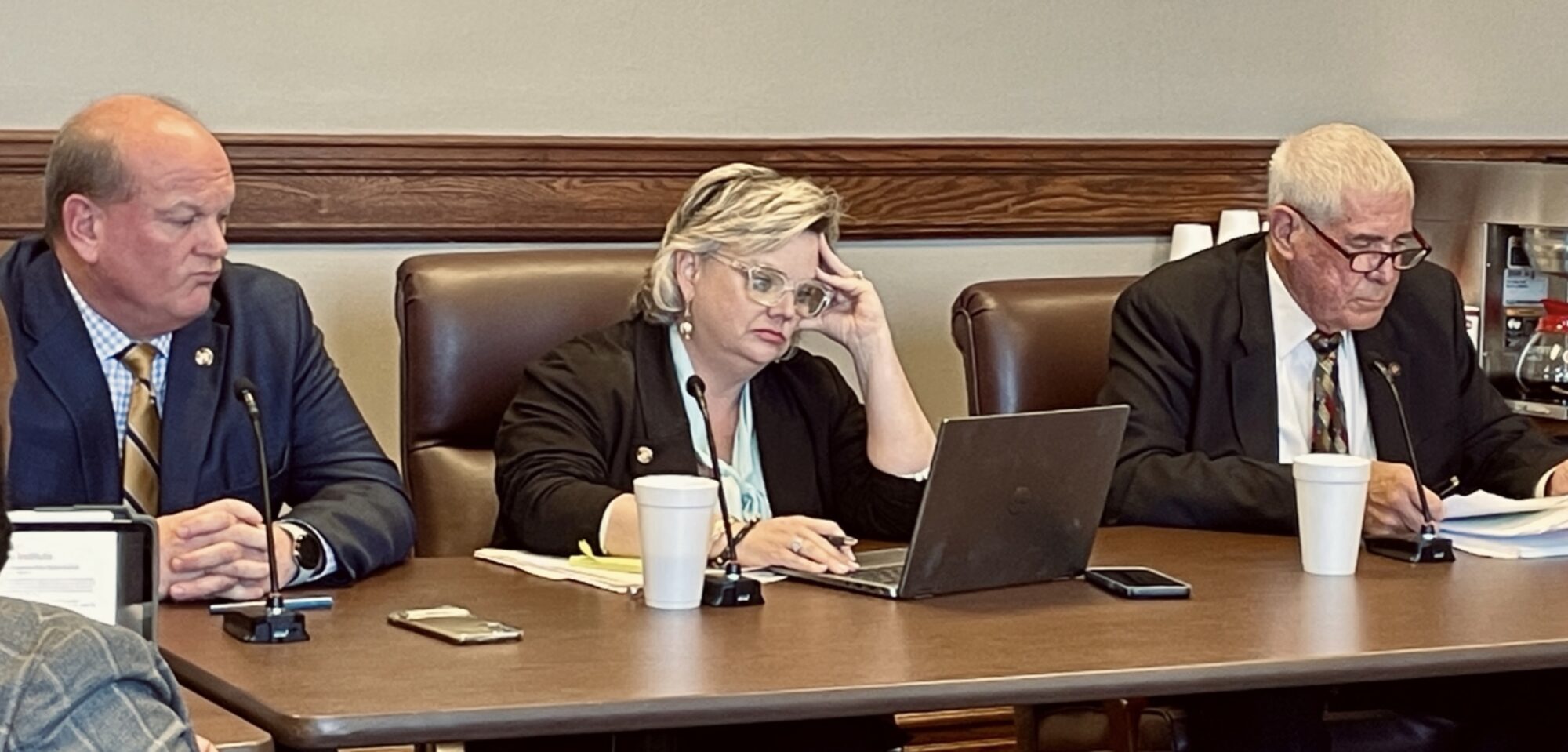What health care would do state’s budget … except if you got bribed so that Medicaid was paid for
As Democrats in Congress work feverishly to meld separate House and Senate health care bills into a single blueprint for an historic overhaul of America’s health care system, state leaders are bracing against the potential costs to states that they say could devastate already battered budgets.
Some states also are protesting that the legislation’s efforts to set minimum standards for health insurance coverage across the country will “reward” low-performing states, while penalizing others that have already expanded their eligibility for Medicaid, the state-federal program for the poor that is the nation’s largest health insurance program, covering 60 million low-income or disabled Americans.
“It is not reform to push more costs onto states that are already struggling, while other states are getting sweetheart deals,” California Gov. Arnold Schwarzenegger, one of the few Republican elected officials to have publicly supported the president’s health care reform efforts, said in his state of the state address earlier this month.
Schwarzenegger figures the legislation would cost California, which had already expanded its safety net, an additional $3 billion to $4 billion every year. At the same time, the state is currently looking to close a $6 billion deficit in its current budget after plugging $60 billion in shortfalls throughout last year.
“Health care reform, which started as noble and needed legislation, has become a trough of bribes, deals and loopholes,” said the action-star-turned-governor, who is in the final year of his term.
Tennessee Gov. Phil Bredesen (D) said he was “’moderately outraged” at the inconsistent treatment states could receive under the bill, the Nashville Business Journal reported. Bredesen, a former health care executive, estimated the Medicaid expansion could cost his state as much as $1.2 billion over five years at a time when the state is looking at a $1.5-billion budget gap.
Riling politicians of both parties are the deals brokered on Capitol Hill to secure passage of the bill in the Senate. Nebraska, for example, was promised that the federal government would pick up the full cost of expanding Medicaid there, even past the first few years of implementation, while Louisiana was assured an extra $300 million in Medicaid funding.
Alabama Gov. Bob Riley (R) said the Nebraska deal “reeks to me of legalized bribery,” according to the Montgomery (Ala.) Advertiser while attorneys general in more than a dozen states have threatened to sue, arguing the preferential treatment is unconstitutional.
And Republican Nevada Gov. Jim Gibbons also vowed to sue the federal government to stop the health care plan if it becomes law, calling it “ill-conceived” and “illegal.”
Meanwhile, Nebraska’s U.S. Sen. Ben Nelson (D), a former governor, announced Jan. 7 he is working with Senate leaders to change the pending health reform legislation to give all states the extra Medicaid funding promised to Nebraska in the health care bill. “Every state should be, and will be, treated the same,” he said.
Governors of both parties started expressing concern about the costs federal reforms might have on states since last summer, but Republican governors have been the most vocal. Twenty GOP governors and governors-elect recently wrote in a letter to Capitol Hill that the current legislation “omits reform and saddles American taxpayers for generations to come,” while Mississippi Gov. Haley Barbour, chairman of the Republican Governors Association, had said in a statement that the health care reform legislation “would have a catastrophic impact on state budgets.”
Stateline.org
1/19/10






